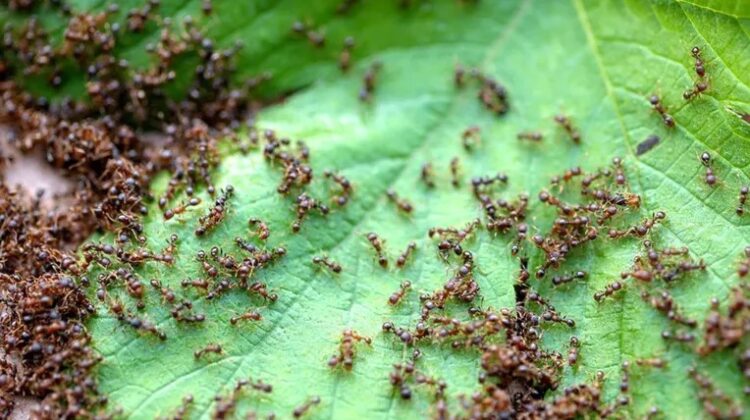
There are more ants on Earth than there are birds and mammals put together, according to research from the Universities of Hong Kong and Würzburg in Germany.
An estimate of the number of ants on Earth was made in a recent study that was published in PNAS on September 19. That’s 20 with 15 zeros after it; that’s a lot.
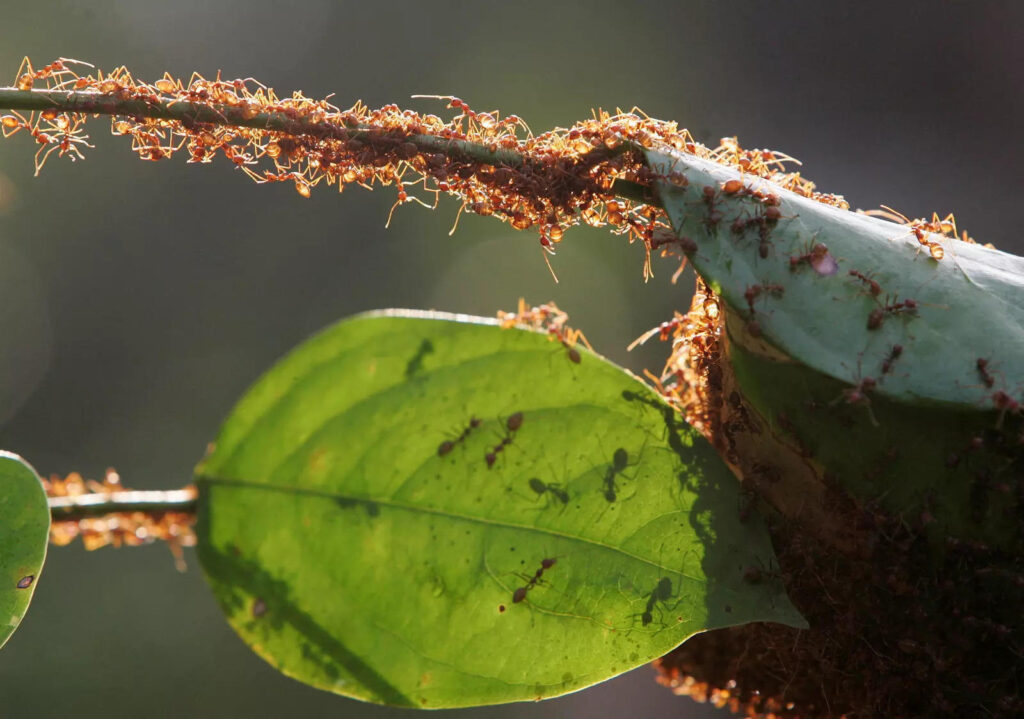
According to Patrick Schultheiss, the study’s lead author, researchers examined 489 different studies that provided data on the global average ant population.
“For the various ecosystems on Earth (tropical forests, temperate grasslands, etc.), we calculated the average ant densities and extrapolated to the global surface area of each ecosystem. The sum of all ecosystems gives us the number of ants in the entire world, “Added Schultheiss.
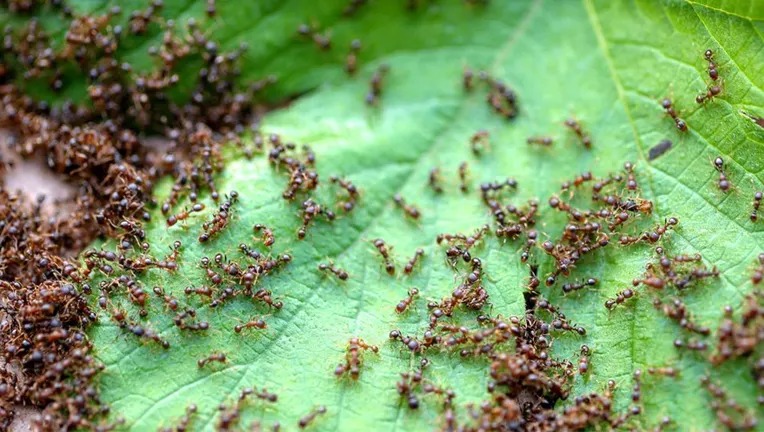
Why make an ant count?
According to Schultheiss, scientists wanted to know more about the locations where ant populations are more dense than others.
This can teach us a lot about the ecological functions that ants carry out, according to Schultheiss.
According to Schultheiss, the study showed that ant populations are much more common in tropical climates, a fact that was previously unknown.
In tropical drylands like savannas and tropical forests, there are especially lots of ants, he claimed.
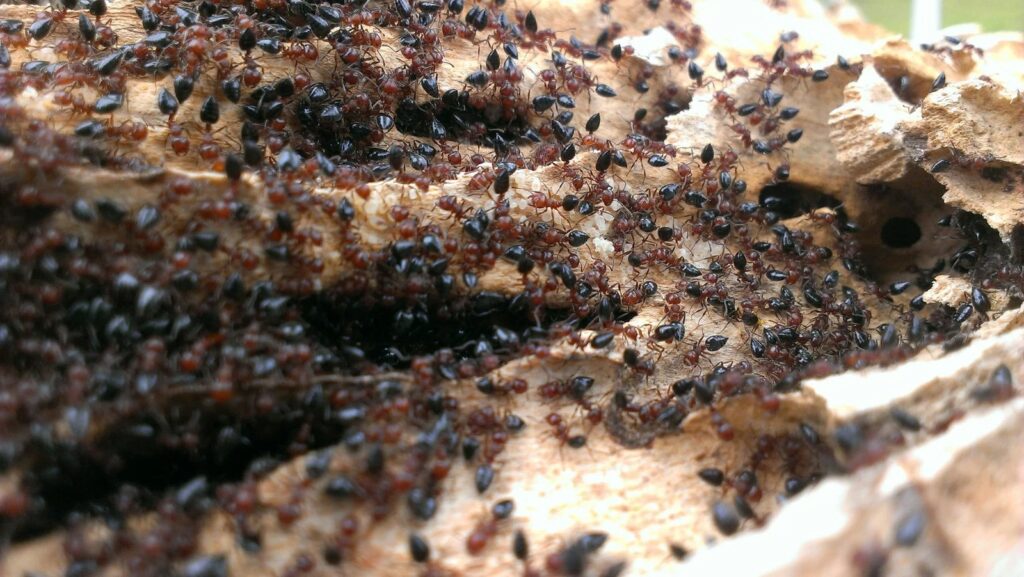
They may be annoying, but ants are important
According to Schultheiss, ants are much more than just pests—despite the fact that they might invade your homes and picnics. They are a crucial component of our delicate ecosystem.
“Ants are absolutely necessary to maintain the functioning of natural processes. Without ants, dead plant and animal material would quickly accumulate in natural areas, and the soil would harden and compact “said Schultheiss.
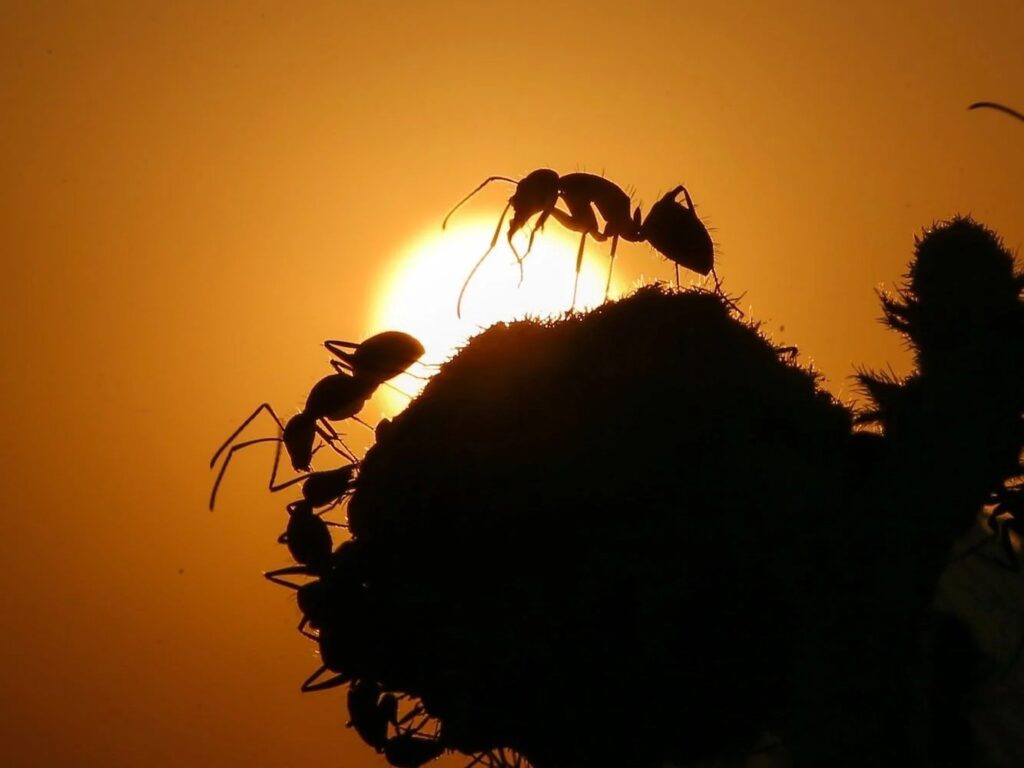
To ascertain whether ant populations have grown or shrunk over time, Schultheiss plans to carry out more investigation.
“This is the first attempt to count every ant on Earth rather than simply making an educated guess at their number. In our upcoming research, we hope to address this “said he.

Leave a Reply